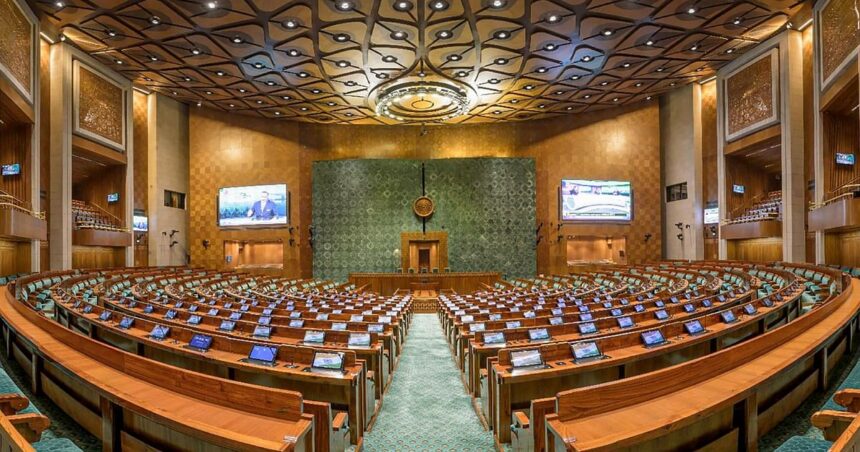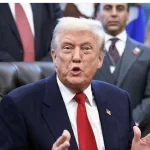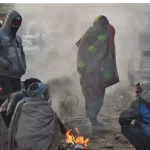Several Category- Politics Protests against the waqf bill have been called by the AIMPLB. The boycott of the Iftar party hosted by Bihar’s CM Nitish Kumar by several Muslim organizations including the Imarat-e-Shariah, was the most recent example of the protests. Opposition parties have criticised the bill calling it a move by BJP to polarise the country.
Muslim bodies argue that their suggestions have not been included in the bill, which has become an issue of debate. The bill allows a non-Muslim chief execution officer and other two non-muslim members on the waqf board to be nominated by the state, this has been called out by the opposing party who call it misrepresentation as it is a completely religious matter.
The bill takes the power of the Waqf tribunal to declare a property as Waqf and places it at the disposal of the District collector. The Joint Parliamentary Committee amended the provision to place the order in the hands of a senior officer rather than DC, but opposition parties are against the decision as they claim the orders may always favour the government.
The “waqf by user” present in the 1995 act has been removed in the new bill. This allowed the use of private properties as mosques and graveyards, which were not officially documented. This the parties claim can lead to disputes in properties that are used for religious purposes for the long term but have no “waqfnama.”
Another clause of the new bill requires registration of all waqf properties within six months of the application of the law, failing to do so will result in forfeiture of the right to move to court for the same. The JPC has after negotiations agreed for amendments in this provision as per the decisions of the “Waqf tribunal.”
The bill further adds that the orders by the waqf tribunal can be challenged in the high court, along with changing the way the tribunal will be formed.
The opposition parties claim that the waqf bill infringes on the fundamental rights guaranteed by the constitution as there are clauses in the bill that can be prime to misuse by the government.








